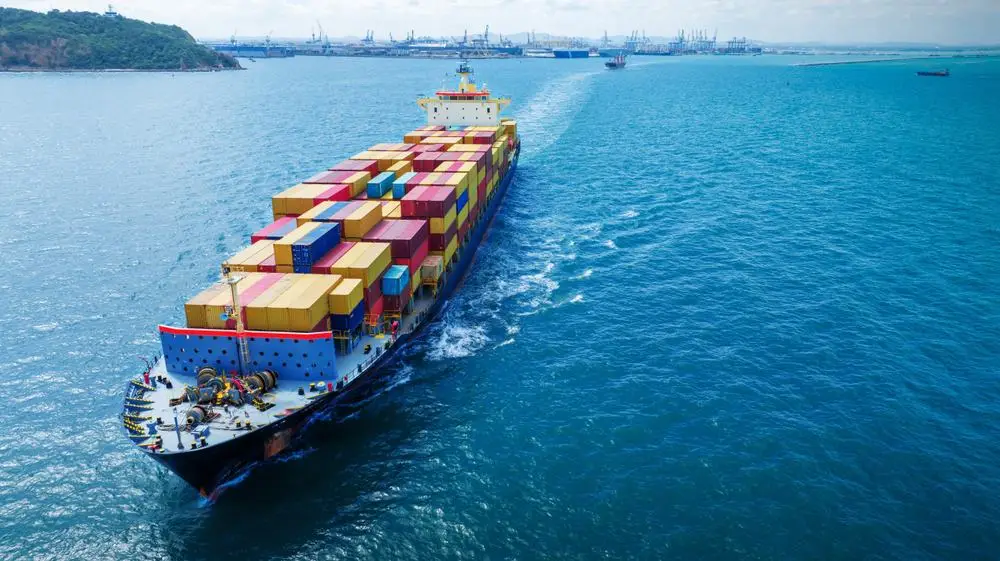Is the shipping industry finally addressing the elephant in the container?
The English Commercial Court has recently cast a spotlight on the critical issue of container weight discrepancies, underscoring the carrier’s duty of care when faced with mismatches between declared and verified gross masses (VGMs).
In the intricate world of maritime logistics, accuracy isn’t just a virtue—it’s a necessity. The International Convention for the Safety of Life at Sea (SOLAS) mandates that carriers ascertain the VGM of each container, a regulation that has been in force since July 2016. This requirement is pivotal for developing precise stowage plans, ensuring vessel stability, and safeguarding both crew and cargo.
However, a recent case, Stournaras Stylianos Monoprosopi Epe v Maersk A/S [2024] EWHC 2494 (Comm), has brought to the fore the challenges carriers face when there’s a significant discrepancy between shippers’ declared weights and the VGMs. In this instance, numerous containers had declared weights that were merely 30% to 40% of their verified weights, raising serious concerns about the carrier’s responsibilities.
The Crux of the Case
Maersk, a global shipping giant, received containers that were already stuffed and sealed. The VGMs were measured by DP World, the operators of the Jebel Ali terminal, and these certificates were provided to Maersk before the issuance of bills of lading. Despite having access to both the shippers’ declared weights and the VGMs, Maersk issued clean bills of lading reflecting only the shippers’ figures. At that time, Maersk lacked a system to cross-check these weights, as different departments handled the data separately.
The claimant, having obtained a judgment against the shippers in Dubai—who subsequently vanished—sought recourse against Maersk, alleging negligence in failing to reconcile the weight discrepancies and issuing unqualified bills of lading.
Legal Implications and Duty of Care
The court’s deliberation centered on whether Maersk had a duty of care to cross-verify the weights and whether the failure to do so constituted negligence. The claimant argued that the significant discrepancies should have prompted Maersk to issue claused bills of lading, indicating potential inaccuracies in the declared weights.
This case underscores the broader legal obligations of carriers under international maritime law, particularly the Hague-Visby Rules, which require carriers to exercise due diligence in making the ship seaworthy and properly caring for the cargo. Accurate weight declarations are integral to these responsibilities, as they impact the vessel’s stability, safety, and compliance with international regulations.
Industry Practices and Technological Solutions
In response to such challenges, many carriers have implemented robust systems to cross-check declared weights against VGMs. Technological advancements, including integrated software solutions, now enable real-time data verification, reducing human error and enhancing operational efficiency. For instance, some carriers impose fines on shippers when discrepancies exceed certain thresholds, promoting accountability and adherence to accurate weight declarations.
The MSC Zoe Incident:
A pertinent example highlighting the consequences of weight discrepancies is the MSC Zoe incident in January 2019. The vessel lost over 270 containers in the North Sea during heavy weather. Investigations revealed that misdeclared container weights contributed to the loss, as the vessel’s stability was compromised due to inaccurate weight distribution. This incident prompted industry-wide introspection and reinforced the necessity for stringent weight verification processes.
“Accurate weight declarations are integral to a carrier’s responsibilities, impacting vessel stability, safety, and compliance with international regulations.”
The Stournaras case serves as a critical reminder of the carrier’s duty of care in the face of container weight discrepancies. Ensuring accurate weight declarations is not merely a regulatory requirement but a fundamental aspect of maritime safety and operational integrity. As the industry continues to evolve, embracing technological solutions and fostering collaborative accountability among all stakeholders will be essential in navigating these complex challenges.









